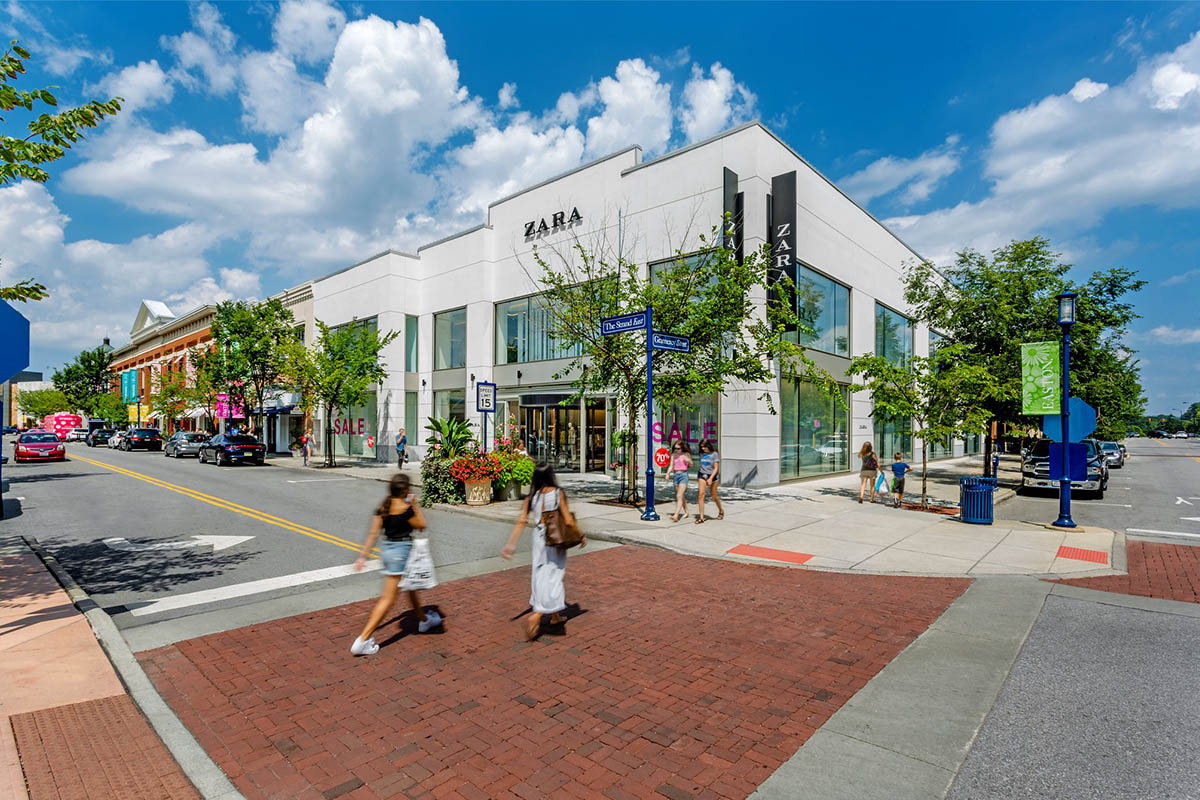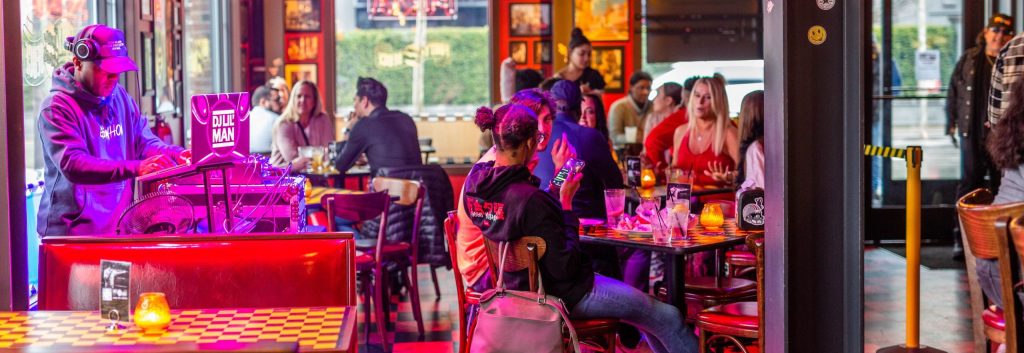By Yaromir Steiner
In just a few short months, everything has changed. In the chaos and confusion of the early days of the pandemic crisis, it was necessary to set aside concerns about the big picture. Commercial developers and retailers alike had to take care of the immediate priorities of ensuring the health and safety of their team members, and finding ways to stay connected and productive in a largely quarantined world.
While this is still a rapidly evolving situation, and things change dramatically from one day to the next, we have enough distance now from the early days of the crisis to assess what the near-term impact of the pandemic shutdown has been. Let’s start to look forward by thinking more constructively and strategically about what comes next.
For large retail and mixed-use centers, shutting the doors is just the first step in a significant logistical and operational challenge. A project like Easton Town Center in Columbus, for example, is essentially a small city—and it is an enormously complex endeavor to shut a facility like that down for any extended period of time.
Times like this remind us that mall owners, especially those focused on “want” based (discretionary) spending, are not really in real estate, but are actually an operating merchant business. With short lease terms (10 years), and rents primarily based on the retailer’s sales, it was already expected that mall owners were focused on enhancing the customer experience to support the sales of their retail tenants. In the leading projects of the country: The Americana at Brand, South Lake Town Square and Easton Town Center, this goes well beyond keeping the restrooms clean and the landscaping maintained.
The COVID crisis brought home this reality in a spectacular way. When tenants, notwithstanding their legal obligations, simply decide not to pay rent because they have no sales, the landlord bears the financial consequences. Some landlords and tenants are recognizing that, essentially, they are in this together, regardless of any language in the lease. While nonpayment of rent is not exclusive to malls, certainly these environments have been significantly more impacted than the centers with “need” based (replenishment) retail.
Engaging in individual discussions with each tenant will be an arduous-but-necessary task in the weeks and months ahead. Many landlords will face a dilemma: should they continue to further the illusion that this is purely a real estate transaction and claim their legal bundle of rights? Or will they act as the partners they truly are with the retailers and find compromises that help both parties? We believe the partnership approach will prevail in the “want” based environments, simply acknowledging the financial realities of the situation. In fact, the actions of different landlords will ultimately determine who is in the discretionary income business and who is in the replenishment business—eliminating any lingering false pretenses.
A crisis like this accelerates the evolution of the business. It will bring more clarity to the role of the “want” based environments, which will become primarily the brick-and-mortar component of a brand’s overall retail strategy, instead of thinking of themselves as the primary channel of fulfillment.






